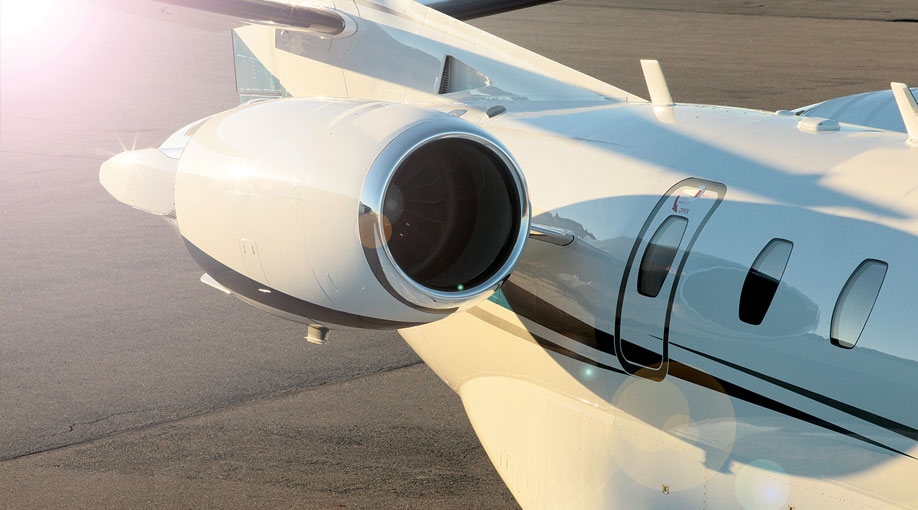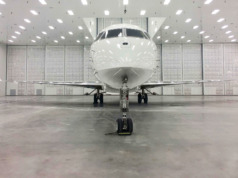
When buying a business jet, mismanagement, insufficient professional oversight, and/or your erroneous assumptions can result in substantial financial loss. What are the most common risks prospective owners take, and how can they be avoided?
- Not Choosing the Right Advisors – You trust your corporate attorney and outside accounting firm to help you plan and negotiate the aircraft purchase. Unfortunately, they may not be familiar with the highly specialized FAA and IRS regulations that govern business aircraft. For example, the single-member LLC ownership structure they might devise likely will result in violating the FAA’s Part 91 regulations and incurring the 7.5% federal excise tax on the cost of operating your aircraft.
And unless the letter of intent and purchase agreement are prepared by an experienced aviation attorney, you could end up in a dispute, and without proper contractual protection. The money you saved initially by not using an aviation attorney is dwarfed by what it costs to settle that dispute. - Not Arranging for a Proper Pre-Buy Inspection – You’ve found a great airplane at a great price and you can’t wait to start flying. It’s suggested that the local maintenance shop assess the aircraft’s condition because it can do the job quickly. However, during the first major post-close inspection at a different facility, corrosion is detected. Your airplane is out of service for several weeks for costly repairs that should have been fixed before delivery at the seller’s expense, not yours! Only a maintenance facility authorized by that model’s manufacturer ensures a proper inspection.
- Making the Wrong Choice About How to Operate the Aircraft – Either you’ll create your own independent flight department, or you’ll hire an aircraft management company. Each has advantages and disadvantages specific to your mission, annual flight requirement, and budget. The wrong decision could be very costly. Hire an experienced aviation consultant to help you analyze which best fits your unique needs.
- Assuming Third-Party Charter Will Be Profitable – A disreputable management company might try to convince you that it can put enough charter hours on your aircraft to allow it to turn a profit. Managed aircraft never are profitable. At best, you can expect charter to defray part of the cost of your own flying.
- Hiring the Wrong Flight Department Manager – If you are considering setting up your own flight department, you may not know how to choose a well qualified aviation manager. The most experienced, proficient pilot may not have the management skills needed to supervise your flight crew and maintenance personnel. Even 10,000 hours of flight time in your specific aircraft type does not guarantee superior interpersonal skills. As a result, you could experience a lot of expensive crew turnover and inefficient operations.
- Not Hiring a Dedicated Maintenance Technician – You may think you’ll save money by assigning a flight crew member to monitor maintenance, and having most work performed at various maintenance facilities. Two things can go wrong: the airplane may not be available when you want to fly, and gaps in maintenance records are likely to occur. When it comes time to sell the aircraft, its value is diminished due to insufficient maintenance documentation. Also, today’s aircraft are so complex that an inspection should be done after every flight. Engaging your own dedicated technician can help ensure your safety and aircraft availability, and avoid costly problems.
Before beginning to shop for your new aircraft, choose advisors and vendors with the expertise and integrity to guide you properly through the process. Ask colleagues who own aircraft who they recommend and who to avoid. Consider using members of aviation trade associations (e.g. NBAA, NARA, NAFA, and NATA), who adhere to a professional code of ethics and conduct. You can avoid the most common risks in aircraft acquisition by assembling the right team at the start. BAA
David Weil, MBA, CEO, Flight Department Solutions, previously served for 17 years at TAG Aviation USA, and served as President of its subsidiary, AMI Jet Charter. He is a past Chair of NBAA’s Tax Committee.




